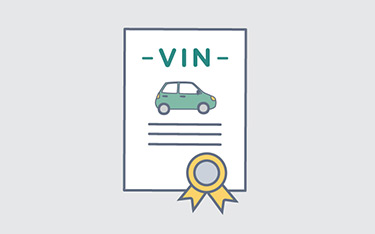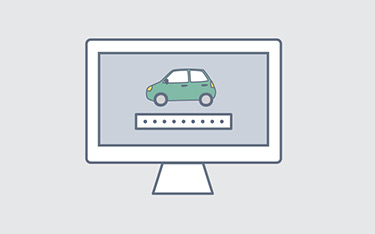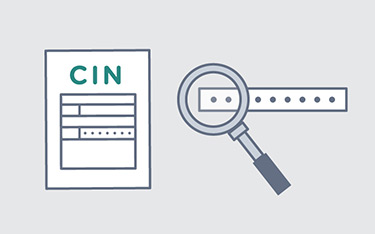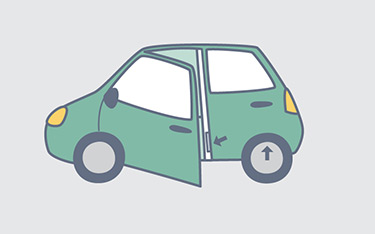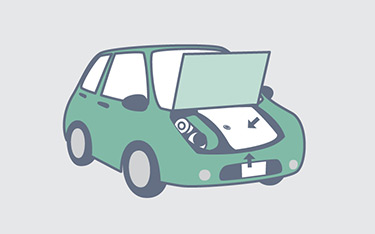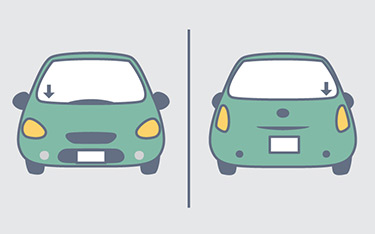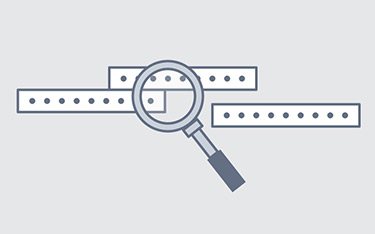Your rights and the pros and cons of buying a car from a dealer, and what you can do to reduce the risk of common problems.
Advantages of buying from a dealer
Buying a new or used vehicle from a dealer – whether online, at a car yard or at an auction – gives you more consumer rights than if you buy a car privately.
All car dealers must:
- comply with the Consumer Guarantees Act (CGA)
- comply with the Fair Trading Act (FTA) – not mislead you and be clear they are a dealer
- be registered
- give you accurate information in the Consumer Information Notice (CIN) for each used vehicle – the history of the vehicle, price, condition, odometer reading and any money owing
- display Vehicle Emissions and Energy Economy Labels at the point of sale. The labels capture a vehicle’s estimated emissions and energy efficiency information.
The Consumer Guarantees Act (CGA) means the vehicle should be:
- of acceptable quality – reasonable in look and finish, durable and safe
- fit for purpose – either generally or to meet a specific purpose you told the dealer before you bought the vehicle
- as described – match the description in advertising or anything the dealer said at the time.
You can seek a repair, replacement or refund if the dealer doesn’t comply with their legal obligations, or the car doesn’t meet one of the CGA guarantees.
If the dealer is a member of the Motor Trade Association, you can access the free mediation service if there’s a dispute.
MTA mediation services(external link) — Motor Trade Association
Read more about Consumer guarantees for products
Drawbacks of buying from a dealer
It can be more difficult to find a range of low-cost vehicles to choose from at a dealership. If you are looking for a cheap car, you may have more options if you buy privately.
Buying from a dealer isn’t without any risks. While most car dealers have honest business practices, you should always do careful checks and be aware of potential problems before you buy.
Set yourself up for success
Know what to do and expect before you buy from a dealership.
What 'acceptable quality' means
Under the CGA, you can expect any vehicle you buy from a car dealer to be of an ‘acceptable quality’. Whether a car is of an ‘acceptable quality’ depends on whether a reasonable person would find the car acceptable given:
- the type of vehicle sold
- the price paid
- any information about the car, for example history, quality, condition, given by the dealer or in any advertisements
- the nature of the car dealer and how the car was sold
- any other relevant circumstances, for example how soon the car developed a problem after purchase.
So, the ‘acceptable quality’ of a vehicle will depend on the car you buy and how the car dealer sells it to you.
Example — Engine trouble right after warranty? You might still be covered
A car buyer experienced engine failure not long after the dealer’s short warranty ended. The buyer believed the issue must have been there before they bought the car.
The Disputes Tribunal agreed. It found the problem likely existed at the time of sale, meaning the car wasn’t up to standard. The dealer had to help pay for the engine replacement.
Even if a warranty has run out, you may still have rights under the Consumer Guarantees Act — especially if the fault was already there when you bought the vehicle.
Decisions(external link) — New Zealand Ministry of Justice
Consumer Information Notice (CIN)
Dealers must display an accurate CIN on used vehicles. The CIN shows important information about the vehicle, including:
- vehicle details – the year first registered, make, model, vehicle identification number (VIN), chassis number, odometer reading, vehicle registration details and if it was imported
- if there is money owing on the car
- the dealer’s name, address and registration number
- the cash price – including GST, registration and licensing costs
- information about your consumer rights on the back of the card, including where to go if you have problems.
If a business sells used cars on the internet, they must have a link to the CIN on the same web page as the car is advertised. A CIN is not needed for new vehicles or private sales.
The dealer fills out the CIN and you and the dealer must sign it. Make sure the information checks out. Putting your signature on the CIN says you agree everything in it is correct.
Keep the CIN safe. If you have some problems with the vehicle later, you will need it as evidence.
Protect yourself from common problems
Here are some common risks to be aware of when you buy from a dealer — and tips to avoid them.
Read more about Pre-purchase inspections and checks
Read more about Solving issues with your car dealer

